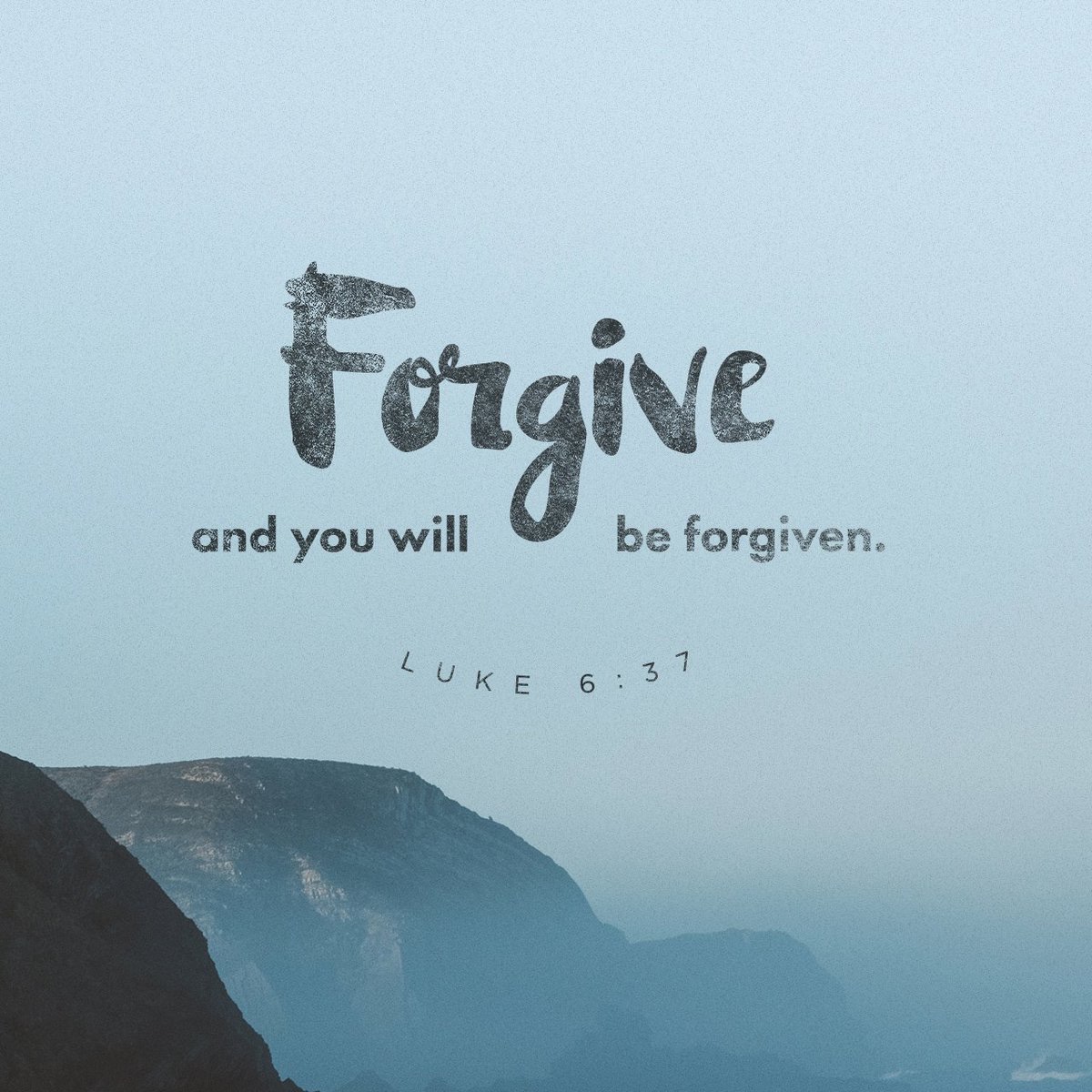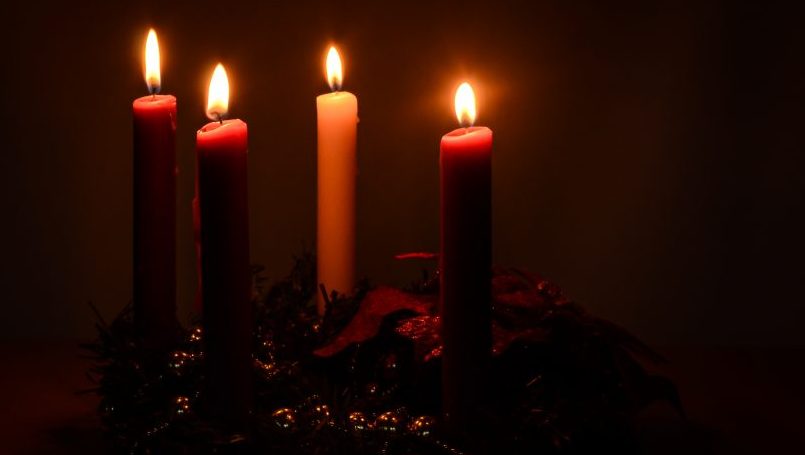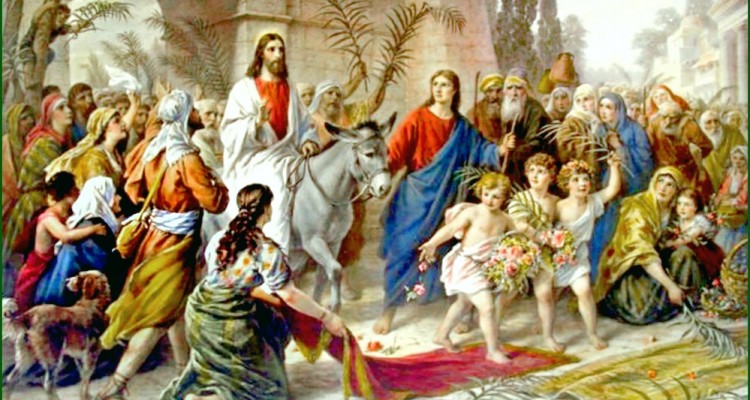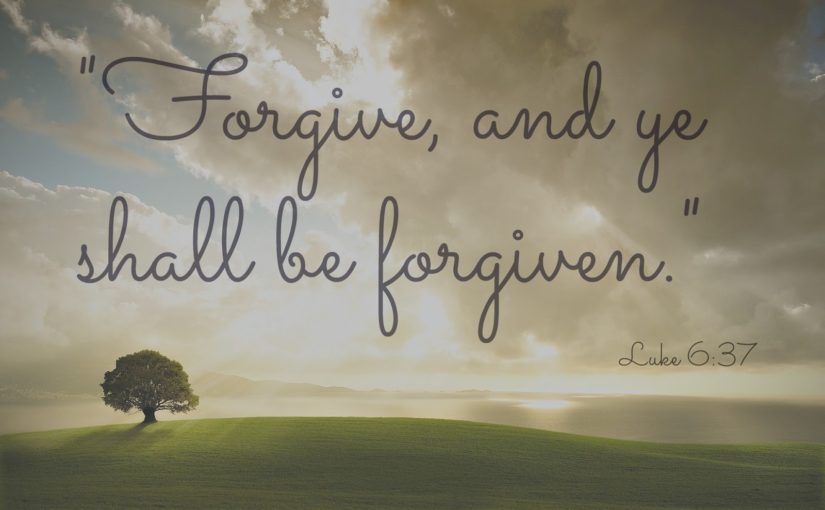Today’s readings
Where are you?
This is the question God asked Adam and Eve early on in our first reading today. And for them, the answer to the question was that they were not in an especially good place. We know the story: God had given them everything they need to live in the Garden of Eden, instructing them that the only thing they could not do was eat from the fruit of the tree in the center of the garden. The fall was already at work in them even then, because they found that the one thing they were not permitted to do was the one thing they wanted to do more than anything, and so they give into the seductive suggestions of the serpent and eat the fruit anyway.
They soon find that they cannot hide from their sin: they are naked in the garden, and the sin is apparent, and so they do what fallen human beings have done ever since: they try to hide from God. Which would certainly be easy to do if God did not create man and woman out of love for them. But he did that, and continued to seek relationship with them, and so he asks the question, the answer to which he certainly knows: “Where are you?”
Explaining that they had found their nakedness, the weight of their sin is apparent. They desired something more than they desired God. That’s what sin is. And what ensues is the first recorded instance of “passing the buck:” the man blames the woman (and also blames God for putting the woman in the garden with him in the first place), the woman blames the serpent. So it has gone ever since: we desire something more than God, that sinful desire drags us down, we try to hide from God, and when we can’t, we blame someone else. Sin has entered the world and now darkens it in ways that are heartbreaking.
Where are you?
If you’re not seeing the face of God in your life; if you find yourself desiring something more than you desire God and the blessings God is giving you, it’s likely you’re not in a very good place right now. Maybe we have just lost track of where we are, who we are and where we should be going. Maybe we just plod along, very busy, very scattered by the rush and routine. Or maybe, like Adam, we are hiding out, afraid to face or deal with something that needs addressing.
But that’s no way for us to live our lives, friends. God made us out of love, made us for love, made us to love, and he pursues us no matter how far we have wandered or to what depth we have fallen. If we come clean with God, name our sin and refuse to blame someone else, we can have forgiveness, we can have mercy. We can have God.
That “unforgiveable sin” of which our Gospel seeks is exactly the kind of thing that got us into trouble in the first place. It’s not something we’ve said or done to someone else, or even to God, but instead hiding from God and not wanting his mercy. It’s like having a world-class chef offer you a sumptuous meal, but refusing to eat it because you don’t want to sit down with him and eat, so you go away hungry. If you refuse God’s mercy because you don’t want his grace to change your life, you go away unforgiven. You sin against the Holy Spirit. It’s not that God won’t forgive, it’s that we don’t want to let God change our nakedness.
Where are you?
In these summer months, sometimes our routine changes. Maybe there isn’t that constant daily hustle of getting the kids to school and then practices and activities and all the other things that make life crazy. Perhaps there’s a little leisure time, maybe even a vacation that provides a little more room for us to reflect on our lives and where we are and where we are going. This is the time to see our lives for what they are, and come humbly to our God if we have been hiding.
Sin is not who we are, sin is not part of human nature. Sin has certainly entered our world and we have to deal it in our daily lives, but it cannot ever define us unless we let it. Jesus was the most perfect example of human nature, completely free from sin. We can approach that glory when we stop hiding ourselves from God, when we let God into our lives, and when we let his grace change us into what we were created for. We are better than our sins. God doesn’t ever stop pursuing us in love. All we have to do is answer his call and say, “I’m right here, God. Standing before you in need of your mercy. Pleading for your grace. Wanting you and what you want for me more than anything. I’m right here.” Maybe we can make that our prayer today. I know it’s going to be mine.
Where are you?










You must be logged in to post a comment.